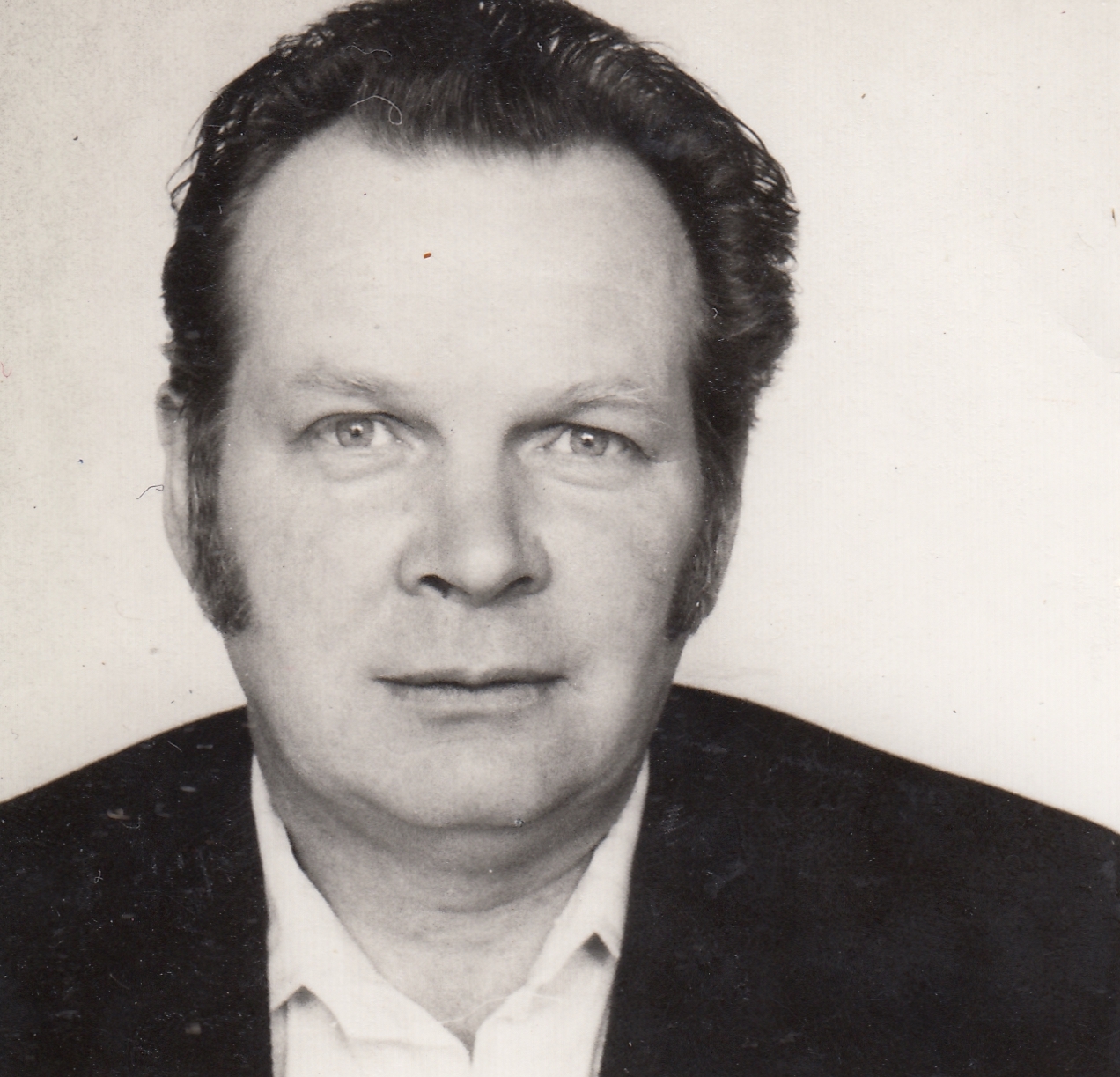Look at my palms, the scars remind me of collectivization

Stáhnout obrázek
Rudolf Křivánek was born on 14 December 1934 in St. Helena, a Czech village in the Romanian Banat. He grew up in a large and religious family, his grandfather was the founder and first preacher of the Baptist congregation in St. Helena. Brother Josef escaped to Yugoslavia during World War II and joined the underground resistance, was eventually imprisoned and after the liberation of Czechoslovakia settled in the borderlands, where his other brothers followed him. After 1945, his father served as mayor of the village and was instrumental in its reconstruction. In June 1951, the Křiváneks were threatened with deportation to the Bărăgan region, where the Communist Party of Romania had concentrated class enemies, but their father‘s intervention averted the displacement. At a time of escalated Yugoslav-Soviet relations, the witness had to compulsorily join a riot patrol that oversaw security in the village and protected it from incursions by neighboring enemies. During the establishment of the unified agricultural cooperative, the Krivaneks became victims of persecution. In one incident, the witness was physically assaulted, injured with an axe, and subsequently held and interrogated by the state secret police, the Securitate. Following these incidents, his parents gave up their fields to the cooperative and requested to emigrate to Czechoslovakia, where the deceased and his family left in 1963. They first lived with his parents in Cheb and later got their own place. The witness got a job in a housing cooperative, where he worked as a maintenance worker and a heating engineer. He celebrated his 90th birthday in 2023 and was living in Cheb at the time of filming (November 2023).



























